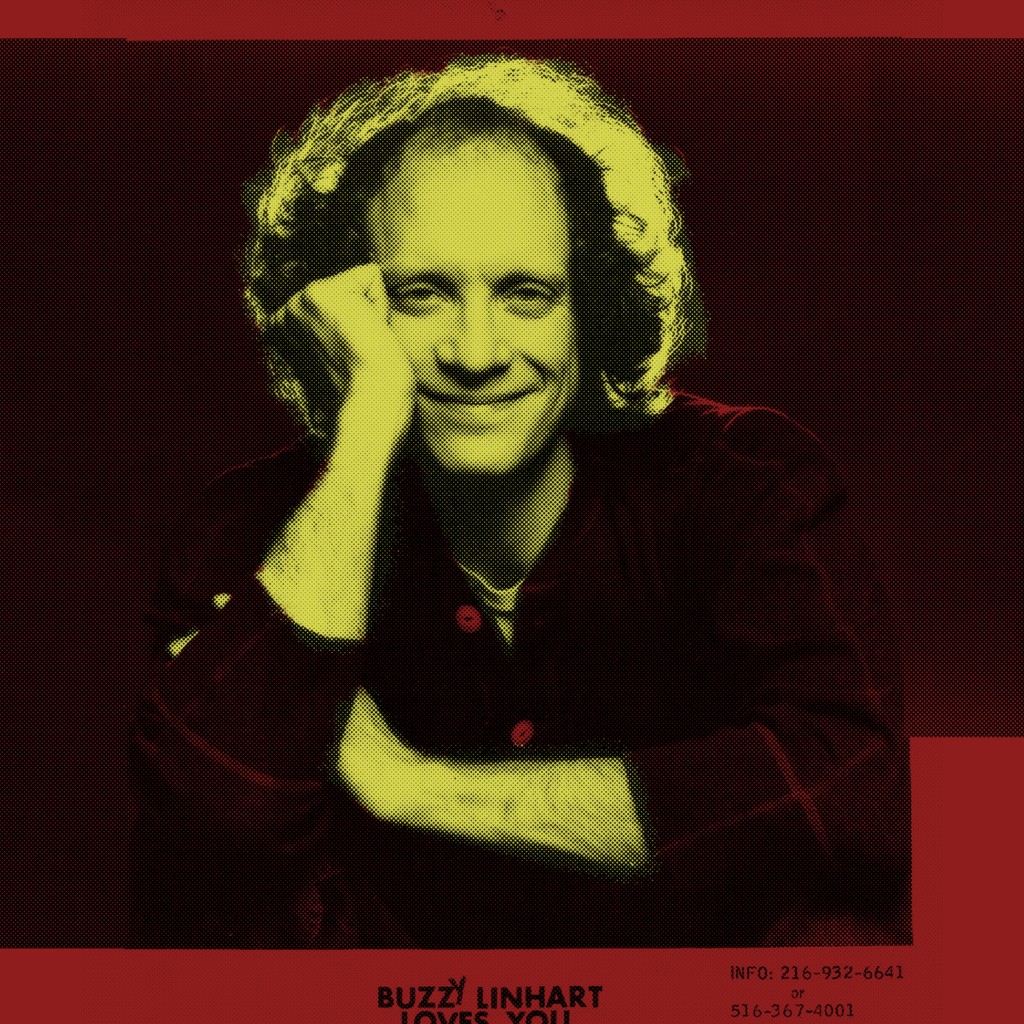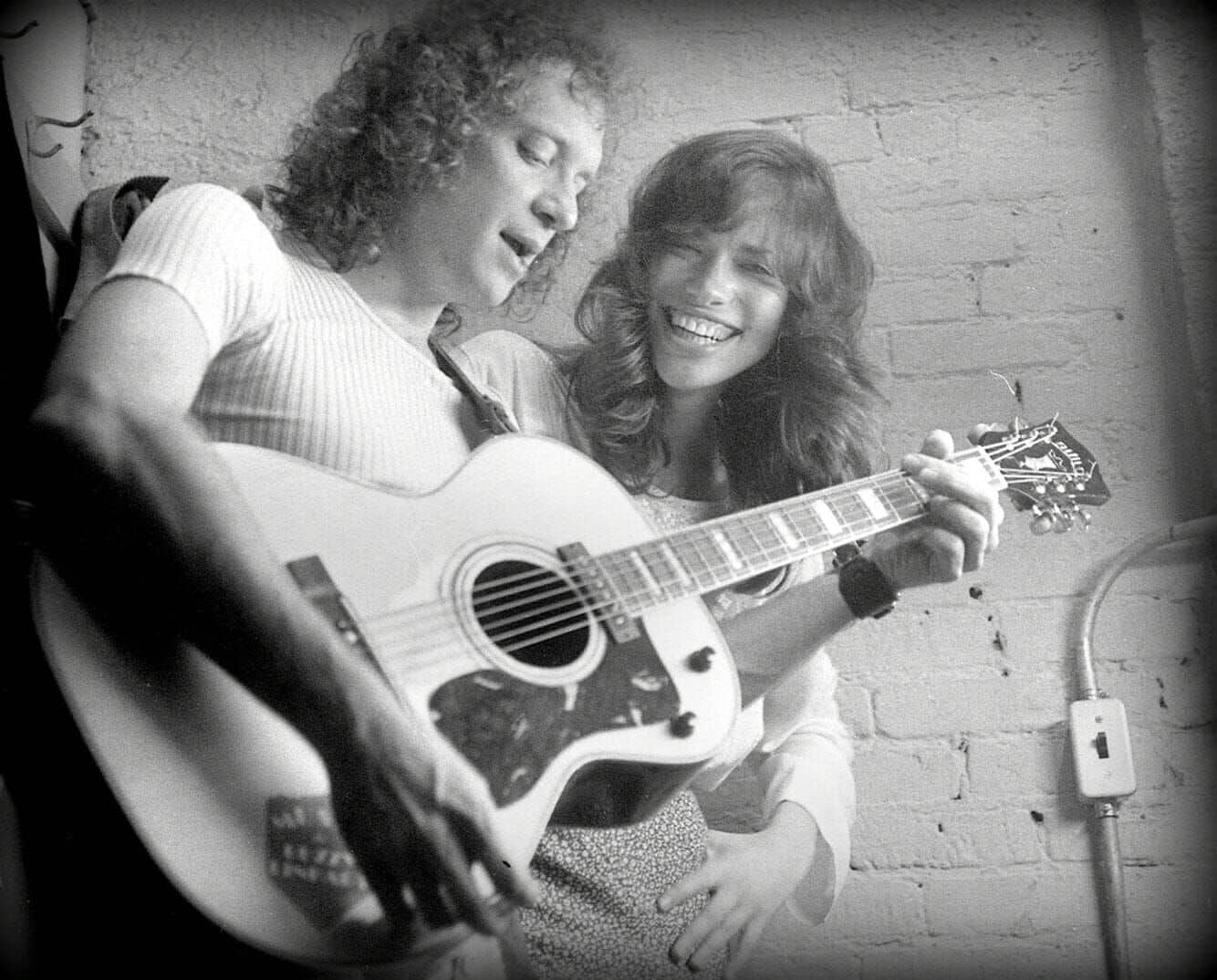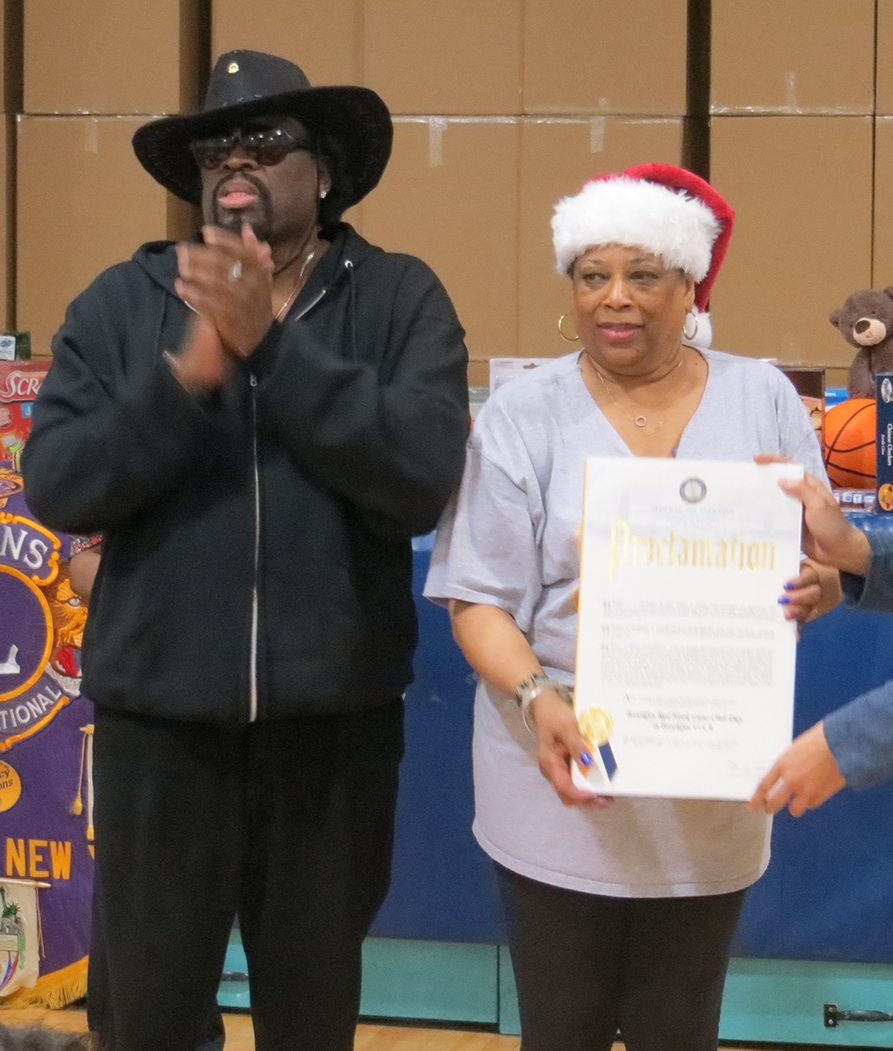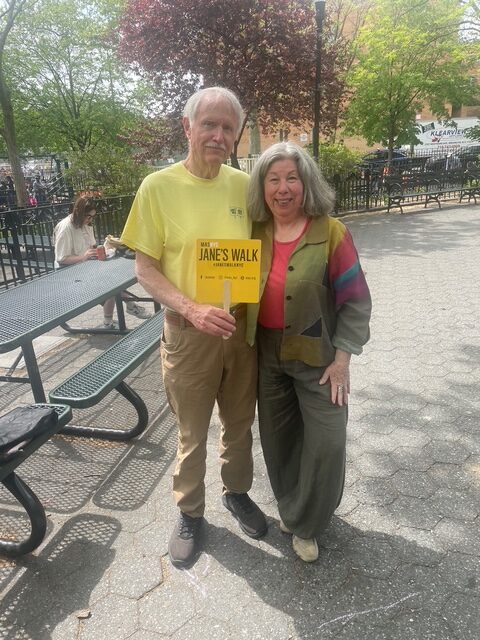Buzzy Linhart passed away February, 13, 2020. He was 76. Buzzy was a musician and songwriter revered among the Greenwich Village scene of the ‘60s. He was also a muse of the hit-making singer-songwriter era. Mr. Linhart once sang “Get Together” at an open mic; it blew away Jesse Colin Young who was in attendance. Linhart taught the song to Young backstage that very night, writing down the chords. “Get Together” later became a #5 Billboard hit for Jesse with his band, The Youngbloods.
In the early ‘70s, Buzzy could fill any auditorium around the New York Metro area with his loyal following; his energetic, humorous and eclectic performance style was unmatched. On September 2, 1977, the New York Times wrote, “No sooner has he hit an opening chord than his eyes roll back in his head and he begins to bob and weave like a dervish in a trance. But one once endured such overachieving regularly in the interests of hearing genuine talent, and Mr. Linhart’s talent is genuine.”
Buzzy’s career was soaring. Carly Simon released his song “The Love Is Still Growing” on her debut album. Bette Midler made“(You’ve Got To Have) Friends,” which he co-wrote with Moogy Klingman, her theme song. It appeared on Midler’s and Barry Manilow’s debut albums. “Friends” hit #40 on the Billboard chart for Midler in 1972. Midler and Simon both won Grammys for Best New Artist, Carly in ‘71 and Bette in ‘73.
Buzzy moved through a few record deals and released some phenomenally original and even some potentially radio-accessible music. But none of the records ever properly translated into major airplay.
On January 15,1972, the New York Times wrote, “The singer‐instrumentalist Buzzy Linhart, appearing at Folk City this week, does almost everything well. He sings the blues, he sings folk music, he scats jazz and plays the guitar, he pounds out drum solos and plays improvisations on the vibes. Multi‐talented is a good description, but the old enigma of the jack‐of‐all‐trades keeps rearing its ugly head.”
The article goes on to say how his backing band was his best and really elevated him, in contrast to “his fairly lackluster singing of one or two bland, folk‐styled tunes” that he performed solo. In retrospect it’s an obnoxious and unnecessary jab. The media seemed to enjoy panning his records and talent, searching for any sign of weakness. In listening to his music today, it holds up and is as well written and recorded as any of the popular output of that era.
The Times article concludes with these words: “Mr. Linhart just might be able to find the focus that has eluded him in the past. The talent obviously is there. The question now is whether versatility can be channeled into stardom.”
I myself had never heard of Buzzy Linhart until his former road manager, Richard Adler posted the news of his passing in a Facebook group called “NY Rocks”. I clicked on his song “Pussycats Can Go Far” and was fascinated by its laid-back, heartfelt melody, delivered with such sensitivity. Following the video, a 2006 documentary, Famous: The Buzzy Linhart Story, played on YouTube. I enjoyed the doc and was inspired to hunt for more information.
 I was born in 1968. I don’t believe many of my era are aware of the talents of Buzzy Linhart. I sent a message to Woodstock festival founder Michael Lang and asked him if he had an opinion on why Buzzy did not break to a bigger audience, “Not really except that it’s generally very hard for an artist to break through. Luck can play a big part,” he replied.
I was born in 1968. I don’t believe many of my era are aware of the talents of Buzzy Linhart. I sent a message to Woodstock festival founder Michael Lang and asked him if he had an opinion on why Buzzy did not break to a bigger audience, “Not really except that it’s generally very hard for an artist to break through. Luck can play a big part,” he replied.
I also asked Buzzy’s former road manager for ‘74-’75, Richard Adler: “The music industry is mostly about luck and in retrospect Buzzy was not lucky, at least in the selling of 10,000 seats kind of way.”
Yet Buzzy recorded vibraphone on Jimi Hendrix’s album The Cry of Love. He achieved acting notoriety as the naked hitchhiker in 1974’s The Groove Tube, a movie with Chevy Chase and Richard Belzer. He was a regular on Bill Cosby’s show Cos. It appears that luck was once with Buzzy Linhart.
But after this impressive run, Buzzy essentially disappeared from the crowds and the spotlight. He was hit by a yellow cab that dragged him about 30 yards, and those injuries hampered his ability to play guitar. He developed glaucoma and bad knees; this eventually required Buzzy to use a wheelchair. He had no home for a period. He was diagnosed with schizophrenia and re-diagnosed in recent years with post-traumatic stress disorder.
Commercial success for an artist need not be the measure for a fulfilling pursuit of the craft. But when you get older and perhaps your health deteriorates to where you cannot perform, it sure is nice for royalty checks to continue, along with the financial benefit of celebrity cameos in movies and TV shows.
I think there is a fair chance that David Crosby would not have made it into the 21st Century without the aid of his fame and fortune. By the way, Buzzy allegedly turned Crosby and Stills on to the EEEEBE tuning that would eventually birth Mr. Stills’s song “Suite: Judy Blue Eyes” (Buzzy used the tuning more for his influential raga-style songs).
After Buzzy passed, the New York Times and The Washington Post both wrote excellent obituaries well worth reading. I was listening to WFUV’s Mixed Bag, and they played a lovely tribute to Buzzy and mentioned the lack of coverage of his death.
Buzzy was lucky. He made beautiful music and lived life on his own terms. I think it’s a shame that the music industry couldn’t figure out what to do with him. Yet Buzzy outlived that form of the industry.
I occasionally play with a drummer, Lee Falco (age 25), who also has played with Donald Fagen, The Lemonheads and his own band, The Restless Age. I noticed that he was Facebook friends with most of the Buzzy Linhart community. I asked if there was a connection.
He texted back: “My dad played bass in his band on some gigs in the nineties. I grew up on his music. Buzzy is incredible. So underrated. One day all of the hipsters are gonna catch on.”
You can find Buzzy Linhart on Spotify, YouTube or on vinyl on Etsy and eBay and at brick-and-mortar record stores.
Author
Discover more from Red Hook Star-Revue
Subscribe to get the latest posts sent to your email.













3 Comments
I was friends with Buzzy, from afar, by phone for much of his last 20 years and we had long, funny calls rambling far into (my) night (I’m in England) where we would sing to each other and he would tell me all about stuff that was happening with him I loved your piece and really feel you captured something about Buzzy and his music , the fun, the eccentricity, but mostly the phenomenal explosion of talent that he was. I came all the way fro England to meet Buzzy, back in 2012 and so glad that I did. I loved him dearly. Thanks for really listening, and seeing the essence of this extraordinary, crazy, funny, and uniquely talented individual, who, to me, was “Baby”, “Papa Buzz” or “Uncle Pig” by turns. I love that you enjoyed the music. Buzzy was fun. I will always miss him
Ludo!
So glad you appreciated the article, thanks! My world is better discovering Buzzy. I am sad to not have met him.
My world is diminished . .